According to the US Centers for Disease Control, suicide is the second leading cause of death among young people between the ages of 10-14 and 25-34, and the third leading cause of death among individuals between the ages of 15-24. Amidst recent events in the community, Tyrone Eagle Eye News would like to emphasize the importance of suicide awareness.
While not every suicide will be prevented, by recognizing the warning signs and taking action if you or someone you know is experiencing suicidal intentions, lives can be saved.
One of the most important things that school communities can do to prevent suicide is to be aware of warning signs among family, friends, and classmates, and take action when they are observed. Some warning signs of suicidal risk include, but are not limited to:
- Talking about wanting to die or harm oneself
- Feelings of hopelessness, having “no reason to live”
- Feelings of emotional or physical pain
- Withdrawal from family or friends
- Giving away important possessions
- Taking risks that could result in injury/death
- Writing letters/notes that imply a possible suicide attempt
- Extreme and unexpected mood swings
- Substance abuse
- Intense change of habits, such as eating or sleeping
Having someone share thoughts of suicide can be very challenging to navigate. It can be overwhelming for both you and the person contemplating suicide, and it may seem unnerving to take action, but warning signs such as those listed above should not be ignored.
Knowing how to react in this situation can save a life. Some steps that you can take to help someone who is experiencing suicidal thoughts are:
- Ask them about their thoughts and feelings. Be open and receptive without pushing someone to overshare, as this could worsen a scenario.
- Keep them safe. To the best of your ability, reduce the person’s access to anything that has the potential to cause them harm.
- Be there to listen. Ask questions when appropriate, but, more importantly, give the person an outlet to express their emotions in as comfortable a way as possible.
- Help the person connect to resources. Whether it’s a guidance counselor, mental health professional, or simply a trusted adult, it is crucial to get people and systems involved to ensure the person’s safety and well-being.
- Call 988, the Suicide Prevention and Crisis Support Line. Contacting 988 will connect individuals to 24/7 free and confidential support if they are in distress or in need of prevention and crisis resources for themselves or a loved one.
- Stay connected. Follow up with the person as frequently as appropriate to make sure that they are taken care of and seen/heard.
Suicide and suicide attempts also cause serious emotional, physical, and economic impacts on survivors and their communities. When people die by suicide, surviving family and friends may experience prolonged grief, shock, anger, guilt, symptoms of depression or anxiety, and even thoughts of suicide themselves.
Those affected by suicide often need help and support and should seek it out if they are having a difficult time dealing with the loss of someone by suicide.
The warning signs of suicidal ideations should never be ignored. If you or someone that you know is experiencing thoughts of harming themselves, please reach out to the best available resources as soon as possible.
You are not alone.
Below are some quality online resources that can help with identifying the warning signs and strategies to prevent suicide. We encourage anyone in need to reach out as soon as possible:
988 Suicide and Crisis Lifeline
Crisis Resources – Suicidology



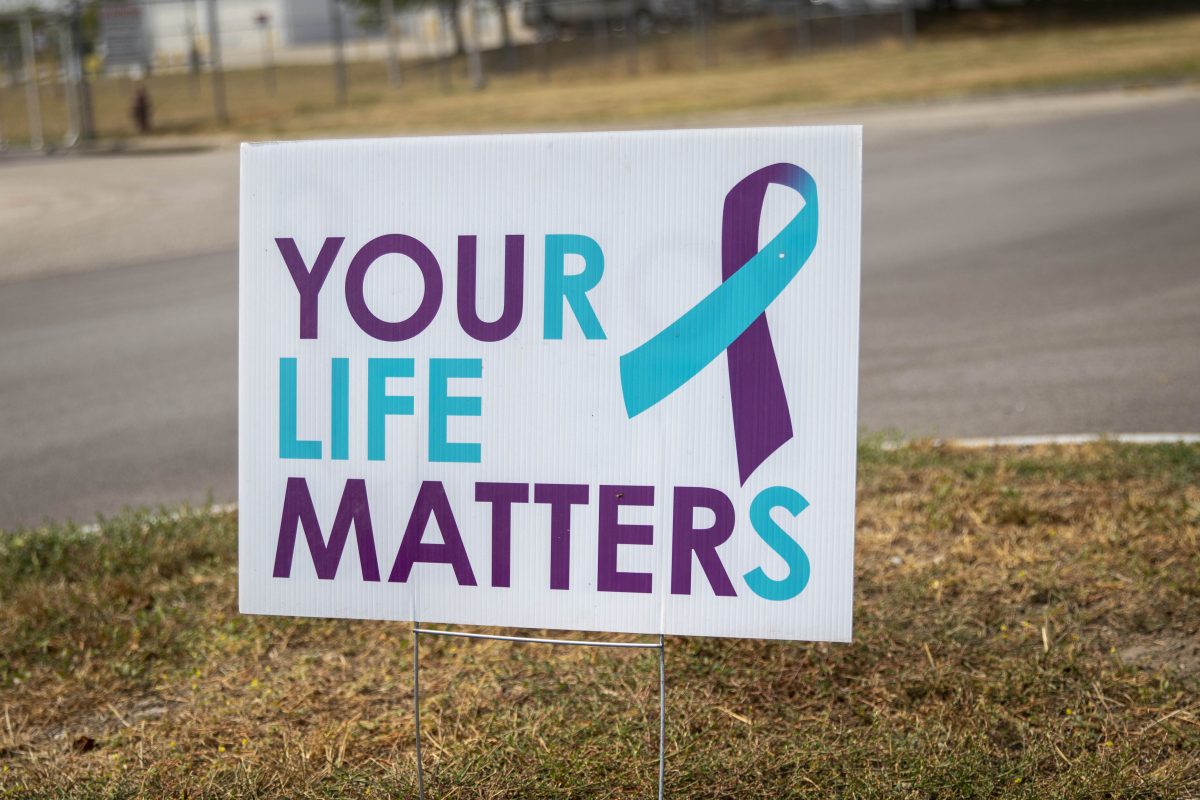




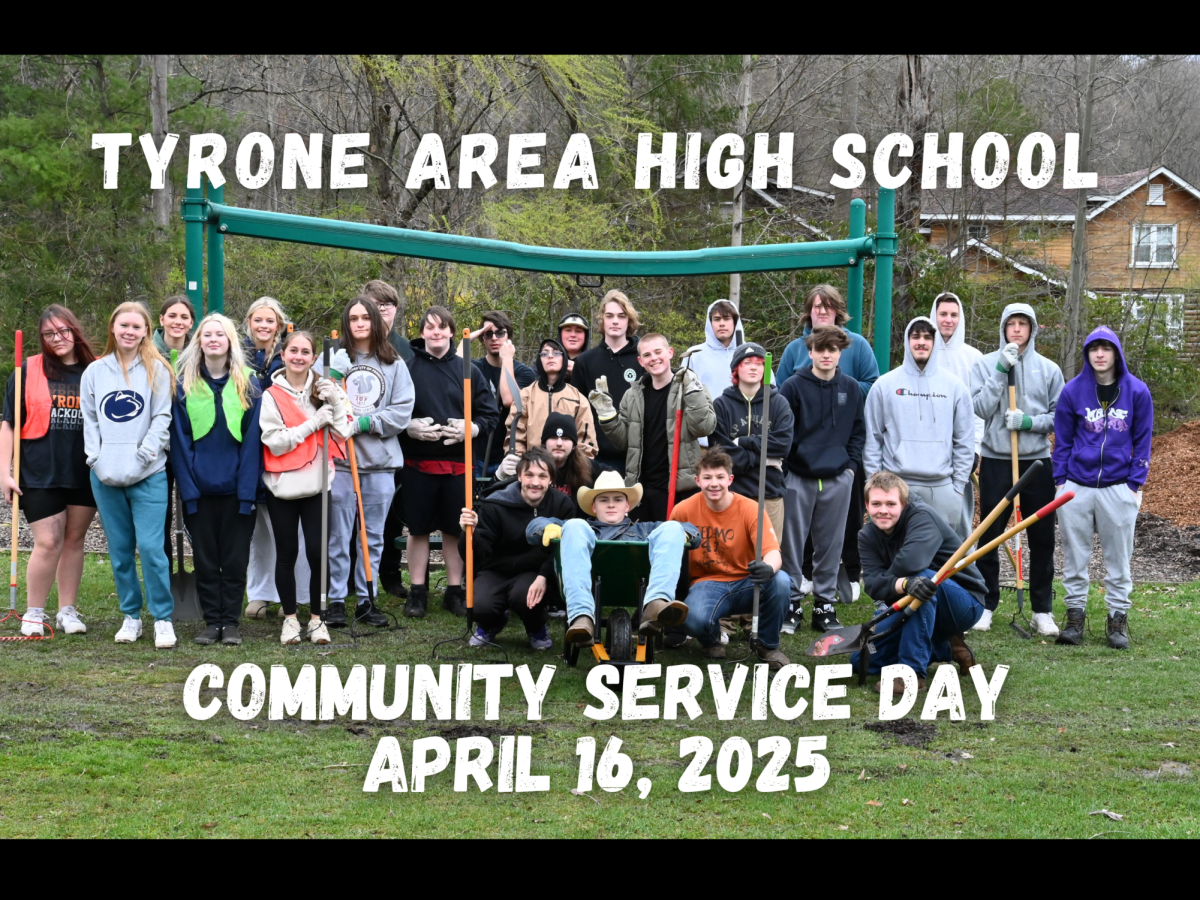
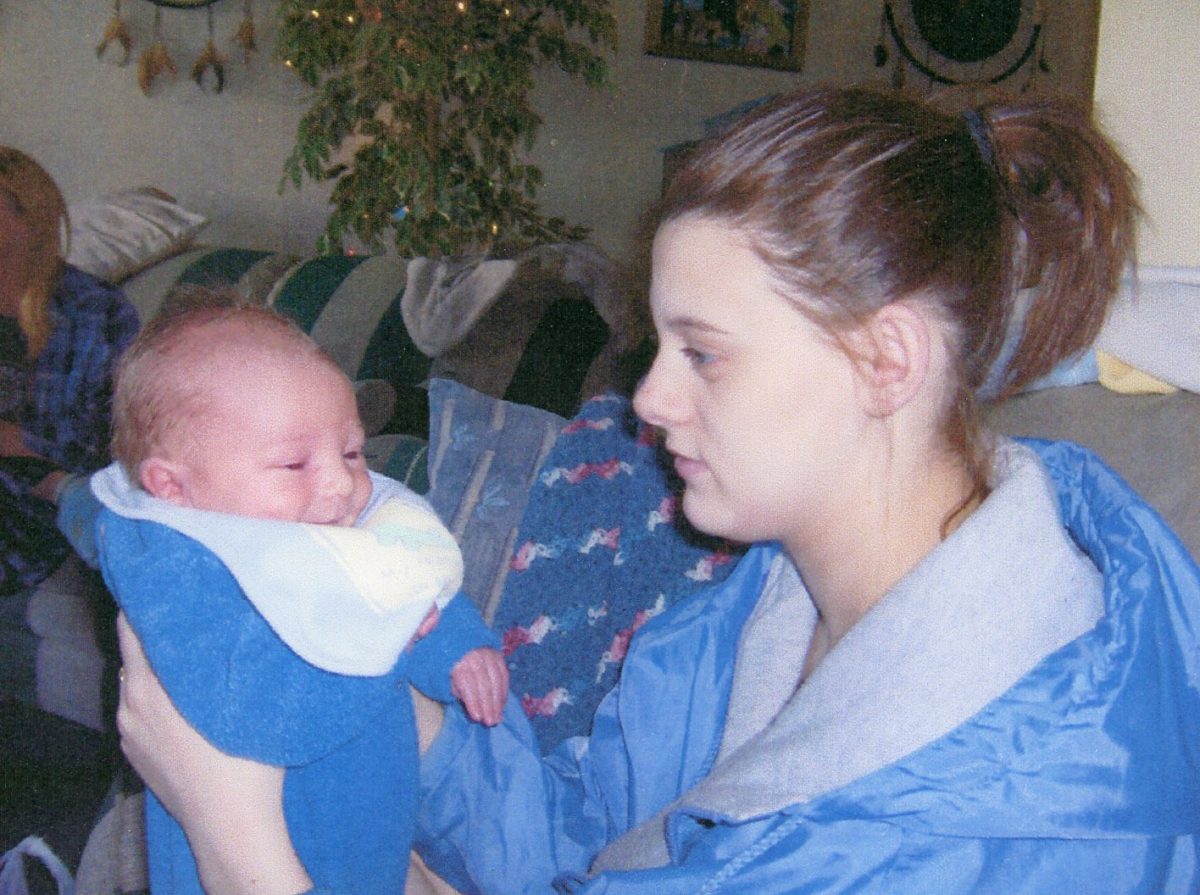





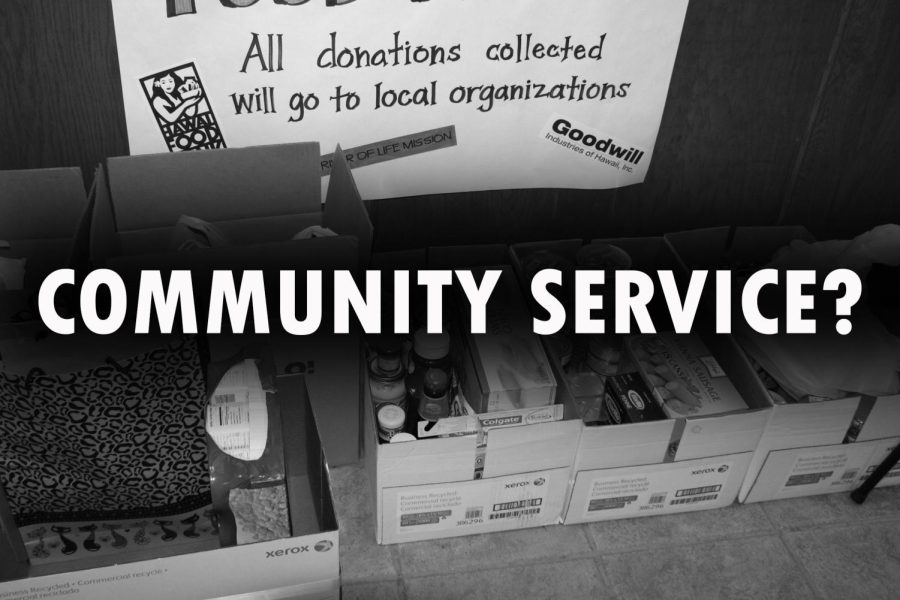

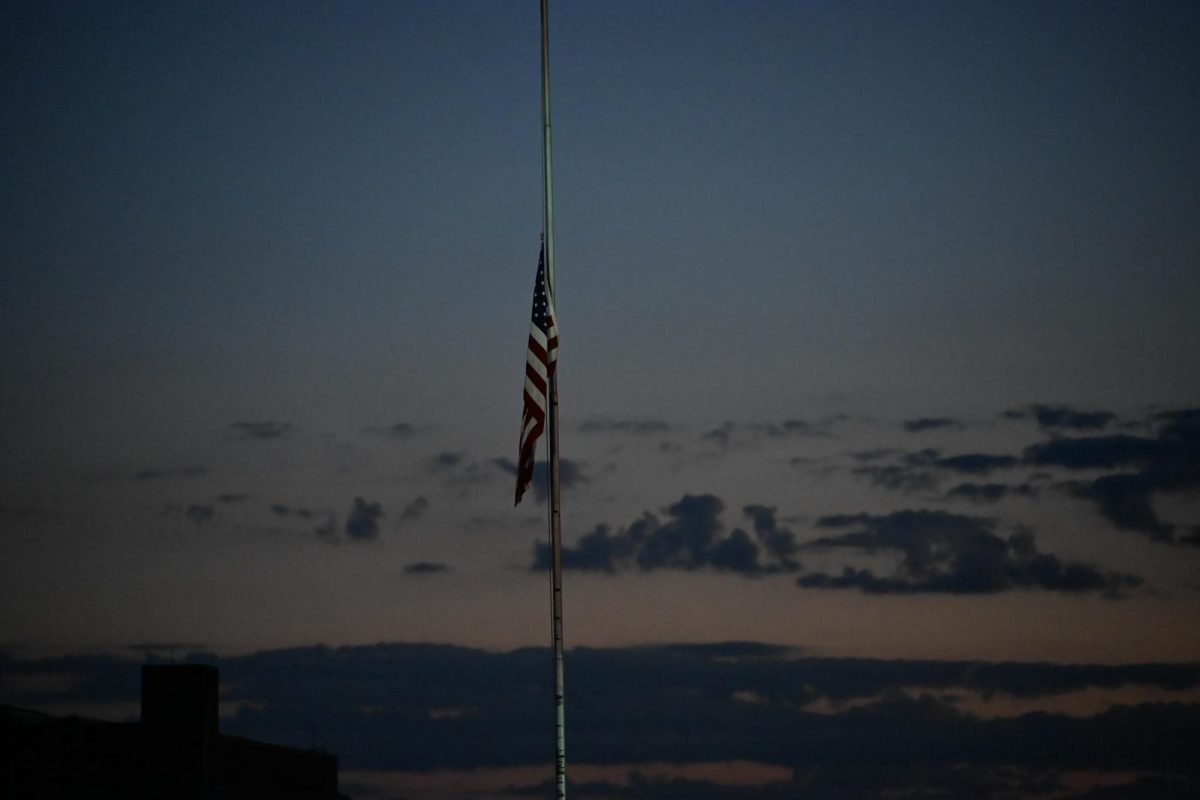





Gabriel Leeper • Jan 26, 2024 at 10:33 am
Thank you for bringing light to this situation